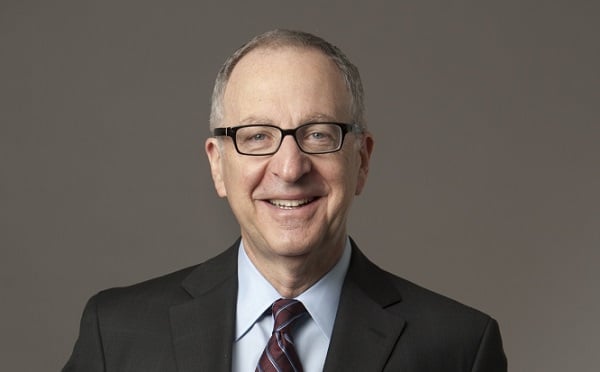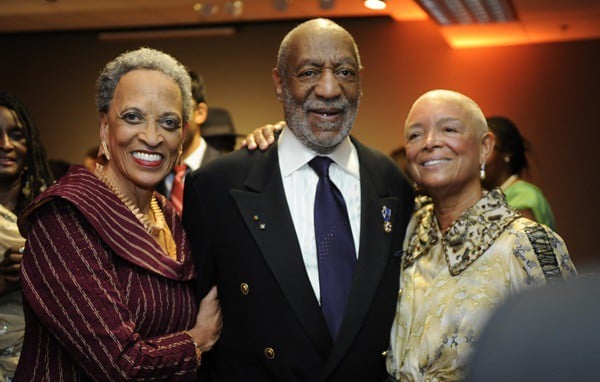People
New Smithsonian Secretary David Skorton Defends Cosby Exhibition
Despite the allegations, he is standing firm.

Despite the allegations, he is standing firm.

Christie Chu

The Smithsonian’s new secretary, David Skorton, is defending the decision by National Museum of African Art director Johnnetta Cole not to pull the Bill Cosby collection amid numerous rape allegations against the actor and comedian.
“I believe taking down an exhibition will tarnish our reputation among museum professionals and others,” the 65-year-old secretary told the Washington Post. “Creative activity of any kind can generate controversy. We will from time to time get beat up about some of these things.”
Although widespread allegations against the actor were mounting in November as the show debuted, the Smithsonian only reacted to the controversy the following July, issuing a statement distancing itself from Cosby.
Cole also made a personal statement in the Root, where she wrote, “as someone deeply committed to human rights for all people, and especially because of my long-standing engagement with women’s issues, I am devastated by the allegations and revelations surrounding Bill Cosby.” However, she doubled down on keeping the show, stating, “art speaks for itself, not its owners.”

Museum director Johnnetta Cole, Bill Cosby, and his wife, Camille, at the November 2014 opening of “Conversations: African and American Works in Dialogue” at the National Museum of African Art in Washington, DC.
Skorton, a former president of Cornell University, succeeded G. Wayne Clough, who stepped down in December after seven years at the Smithsonian. During his tenure at the institution, Clough grew its digital presence but was criticized for censorship after pulling an excerpt from artist David Wojnarowicz’s video A Fire in My Belly from the 2010 exhibition “Hide/Seek” at the National Portrait Gallery.
“As an overriding principle, we have to avoid censorship,” said Skorton. “I am very much against taking down an exhibition once it has opened.”
The controversial show, “Conversations: African and African American Artworks in Dialogue,” which contains 62 works from the Cosby collection, is scheduled to be on view until January 2016.